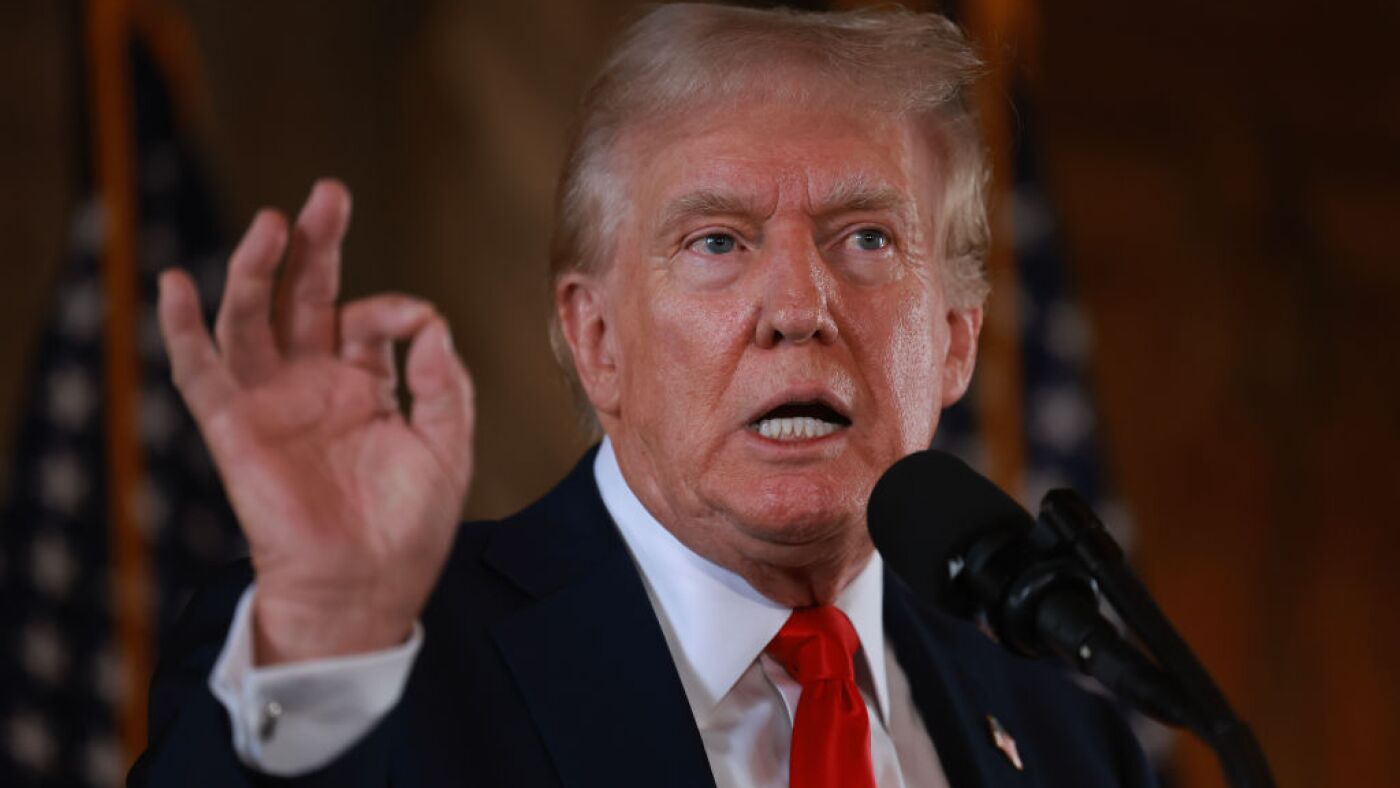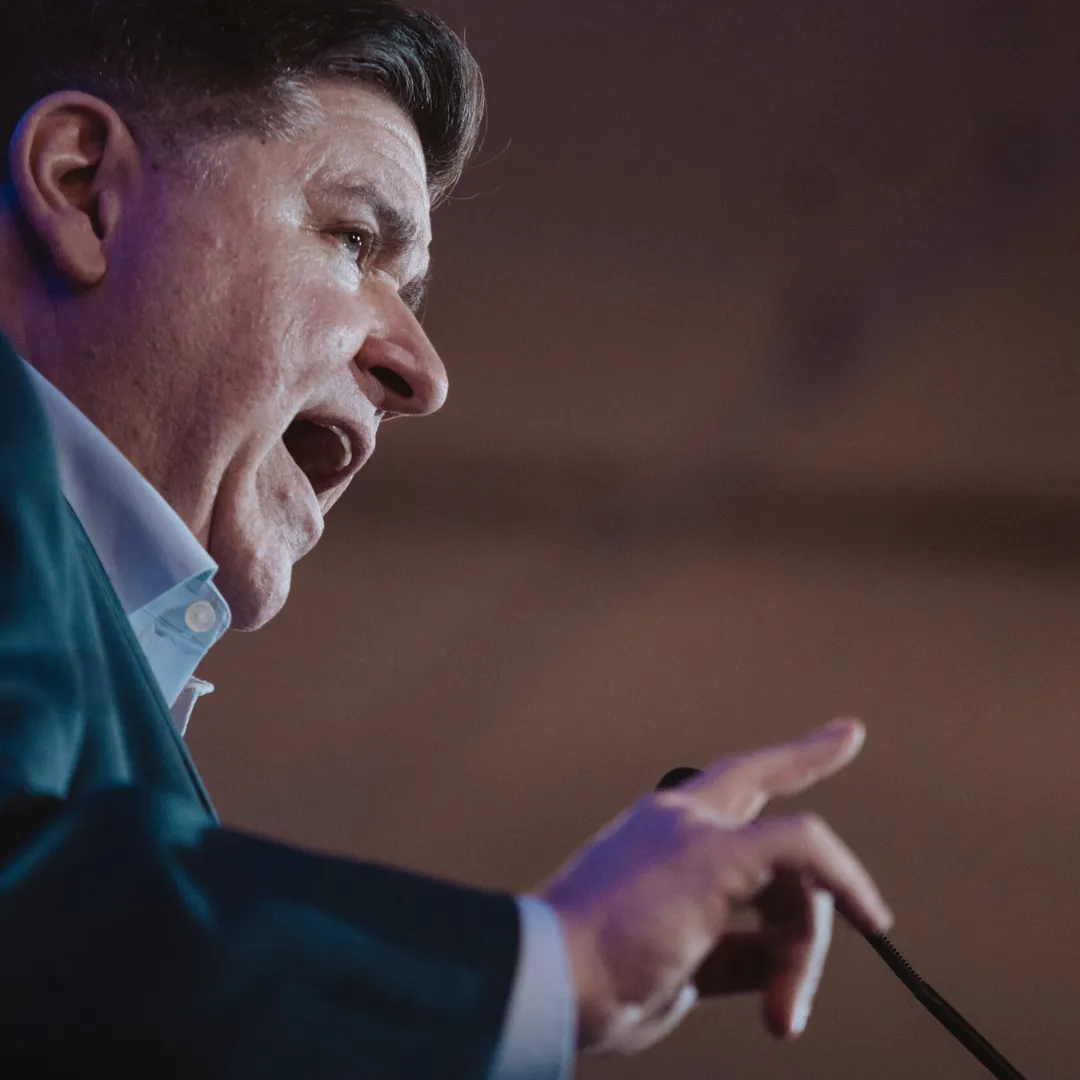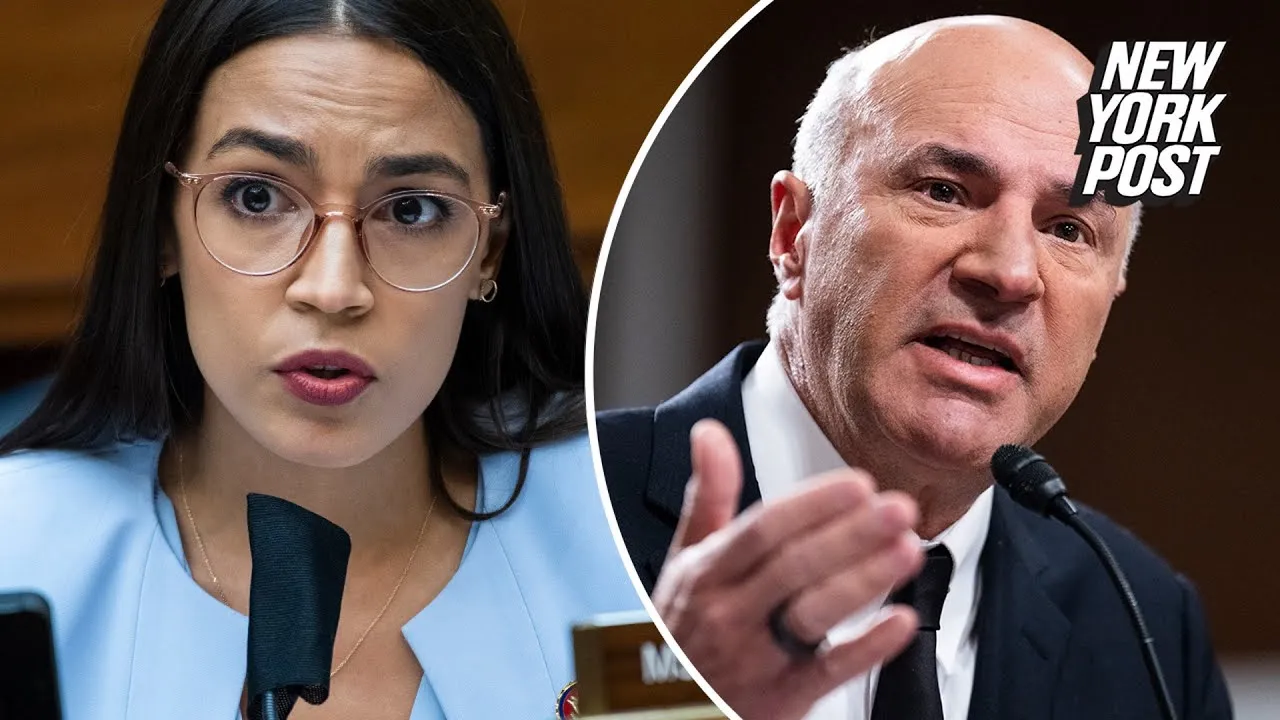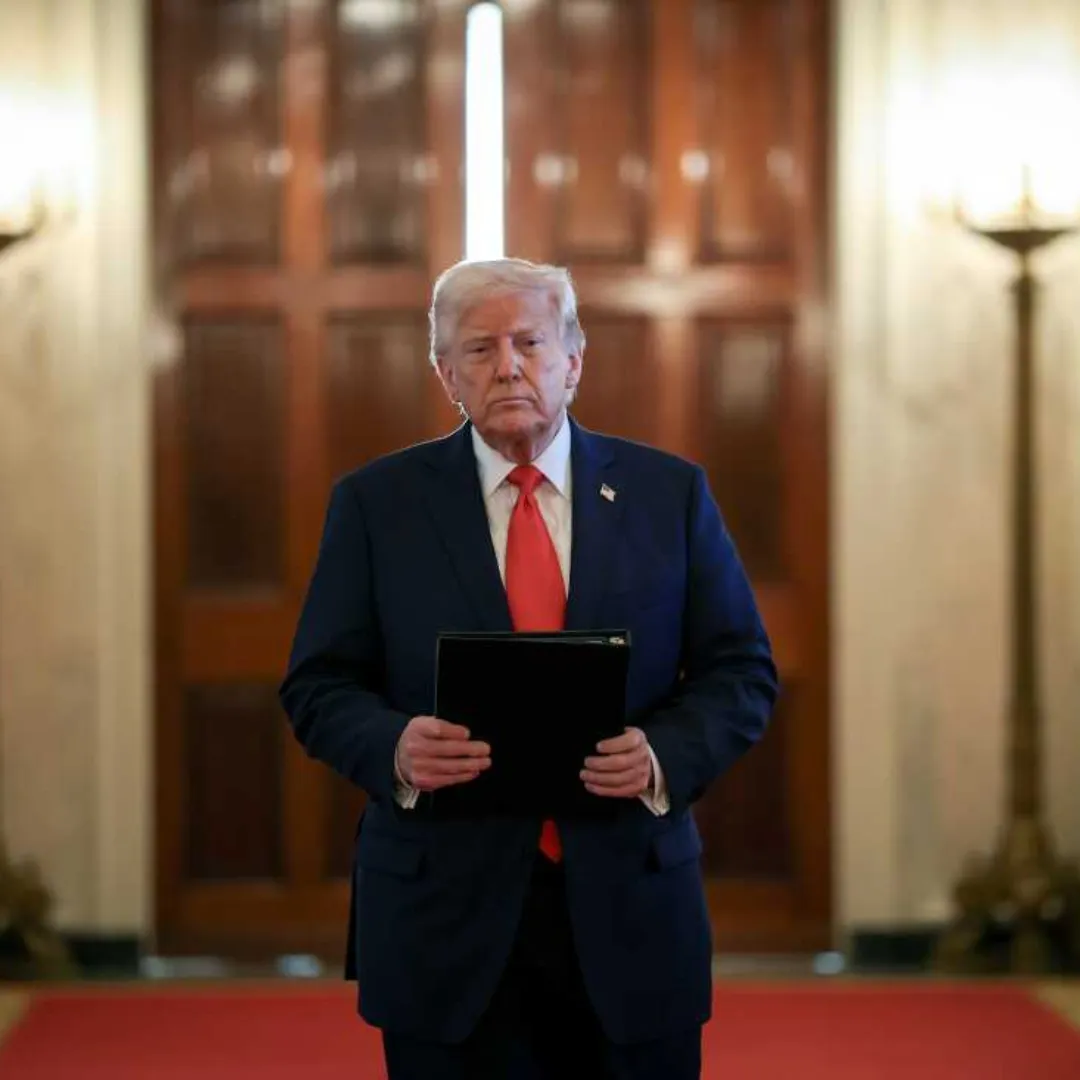
As President Donald Trump begins the next phase of his second term, new analysis of his public speeches offers insight into the words he uses most often and how they reflect his approach to leadership and communication.
According to a study of 433 hours of Trump’s public remarks over the past three months, the president frequently uses language focused on competition, victory, and personal branding.
The findings were compiled as Trump marked his 100th day in office during his second term, and researchers compared his speech patterns to data from the American National Corpus, a collection of everyday language used by Americans.
The results show that Trump’s language is dominated by comparisons, branding, and emotional emphasis. He often speaks in terms of “winners” and “losers,” uses superlatives like “greatest” more than twice as often as the average speaker, and frequently uses nicknames or strong adjectives to describe political opponents and allies alike.
During speeches, Trump often contrasts “us” with “them,” and frames issues in black-and-white terms. He describes people as either “fantastic” or “a disaster,” rarely using neutral language. On average, he uses terms related to competition or comparison 5.4 times more than the average American speaker.
Trump also prefers short, punchy sentences and slogans. Linguists who studied his speech found that his sentences are, on average, shorter than typical political speeches. His style is marked by repetition, direct statements, and emotionally charged language.
This approach, researchers believe, is part of what makes his speeches so memorable to his supporters. "Everything he says sounds like it belongs on a bumper sticker," one analyst noted. "That's part of the appeal. It’s simple, emotional, and easy to repeat."
One of Trump’s most-used expressions is “in the history of our country.” Data shows that he uses this phrase approximately once every five minutes during public remarks. Whether he’s referring to job growth, trade deals, or executive orders, Trump often frames his actions as “historic” or “unprecedented.”

For example, during a recent press event in the White House Rose Garden, Trump signed an executive order reversing restrictions on offshore fishing in a large marine area. In his remarks, he said, “I already did this in my first term, but they reversed it. That’s why we need to stay in the White House for a long time. We’ve got to keep going.”
Rather than saying “I,” Trump said “we,” a habit he often uses when referring to his administration or his movement. Linguistic analysis shows that he refers to himself or his movement using either “Trump” or “we” approximately once every six minutes in his speeches.
This form of speech, experts say, reflects both personal branding and an attempt to build a sense of collective identity with his audience. Trump positions himself as both the leader and voice of a group that sees itself as fighting against the establishment, the media, and the political elite.
Ulrike Schneider, a linguist from the University of Mainz, described Trump’s language as a blend of “populist intimacy and theatrical leadership.”
"His language shows that he wants to be seen both as the neighbor next door and as a savior,” Schneider said. “It’s familiar, but also forceful and visionary.”
This dual message can be heard in many of Trump’s phrases, where he combines down-to-earth language with grandiose claims. Whether he is describing economic performance, national pride, or military strength, he often uses the superlative form of adjectives.
On average, one in every 19 adjectives in Trump’s speech is a superlative — such as “strongest,” “fastest,” or “greatest” — compared to the national average of one in 41.
The word “greatest” is one of his favorites. Trump uses it to describe his administration’s accomplishments, the military, the economy, and even his own supporters.

“We have the greatest people, the greatest economy, and the greatest movement in the history of politics,” Trump said during a recent rally in Pennsylvania.
Trump’s tendency to speak in absolutes and extremes helps him maintain a consistent tone of confidence and success. It also reflects his background in television and branding.
Before becoming president, Trump was a real estate developer and the host of the reality TV show “The Apprentice,” where catchphrases and dramatic declarations were central to the show’s appeal.
Even as president, Trump’s communication style remains rooted in that media persona. He often refers to his own name in the third person, particularly in campaign-style speeches. He repeats slogans and phrases multiple times in a single appearance and uses rhetorical questions to engage crowds.
Critics have often pointed out the theatrical nature of Trump’s speeches, but supporters argue that his message is more accessible and relatable than that of typical politicians.
“He speaks our language,” said Dave Harper, a Trump supporter at a recent rally in Ohio. “He’s not trying to impress anyone. He tells it like it is.”
That directness, however, has also led to controversy. Trump frequently uses nicknames to attack his political opponents, often combining their name with a derogatory adjective. For example, he has referred to Joe Biden as “Sleepy Joe,” Vice President Kamala Harris as “Crazy Kamala,” and others with similar rhetorical labels.
These nicknames are often criticized as disrespectful or divisive, but they are a consistent part of Trump’s communication strategy. By attaching strong adjectives to opponents, he frames political competition as personal rivalry — something audiences easily recognize and respond to.

Experts note that this style has both strategic and psychological benefits.
“By naming his opponents, Trump creates memorable identities for them, but he also defines the conversation,” said one language and politics analyst. “He decides what they represent before they can define themselves.”
Trump’s language also reflects a deep belief in action, records, and legacy. He often claims his administration has broken records or achieved “firsts” in American history. Phrases like “we’ve never seen anything like this” or “this has never happened before” are common in his remarks.
This fits into a broader narrative he promotes: that his presidency is not only different but historically important. Supporters say this rhetoric gives them a sense of being part of something bigger than politics — a movement.
As Trump continues into his second term, his language shows no sign of changing. His short, direct phrases, emotional language, competitive framing, and self-referencing style remain central to how he communicates and connects with his audience.
Critics say this style encourages division and oversimplifies complex issues, but Trump’s core supporters continue to respond to it.
“He doesn’t talk like a politician,” said Karen Lopez, a small business owner in Arizona. “That’s what makes him different. He doesn’t sugarcoat things.”

Whether loved or criticized, Trump’s speech patterns are among the most distinctive in modern American politics. Through repetition, emotional framing, and constant self-branding, he continues to shape the political conversation in ways few presidents have done before.



